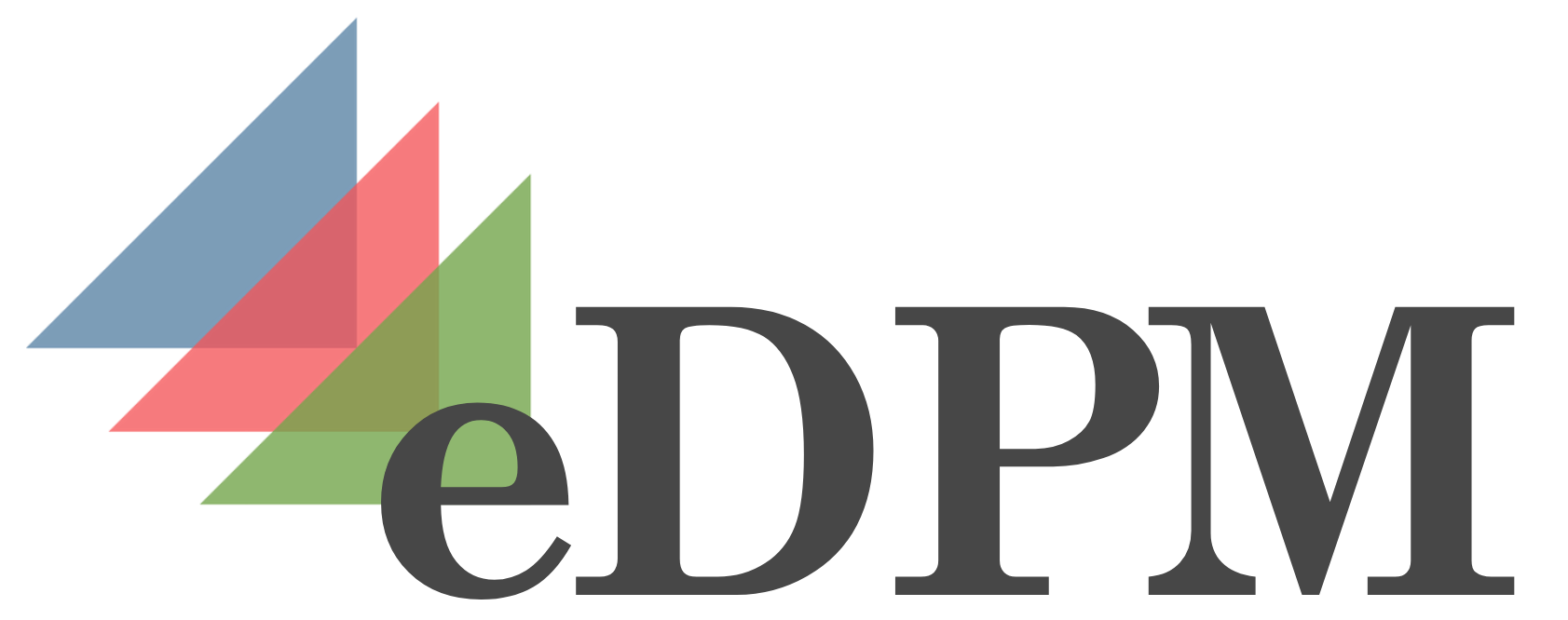The evolution of an industry and the change we face in the legal business has always interested me. So it goes for records managers. Just when you think you’ve got some aspect of the legal technology space figured out, someone comes along and raises the stakes by introducing technology or a new operational model. One thing I always say –and probably the most compelling reason I stay in the legal business—is that it’s never boring.
And so, when a few months back I attended and presented at the MER Conference in Chicago, I noticed that change is afoot.
Introducing the MER Conference
For the unaware, the MER Conference has been around for nearly 30 years. It was founded by Bob Williams on the notion that there was a space between records (read: paper documents) and what was back then a novel idea—electronic records. Now run by Seth Williams and Mike Salvarezza, this industry conference has grown and morphed into a must-attend e-discovery and information governance conference.
For years, the perception has been that old-school records managers attended the MER Conference. In fact, attendance this year covered the entire spectrum from corporate to legal and government. Yes, there were records folks, but there were also many people from the c-suite, information technology, privacy and security. Were it my place to do so, I would re-cast the MER Conference as an information governance event.
Project Management Meets Information Governance
My idea, of course, was to introduce the concept of project management to folks who manage information governance tasks. From the moment the conference leaders asked me to speak, I wanted to present a fresh take on managing electronic records and information across the enterprise. So, with my friend Sandy Serkes from Valora Technologies we set about to demonstrate how project management can and should be a part of planning and executing on information governance initiatives.
Our presentation “Moving Beyond RIM: The Evolution of Information Governance Project Planning,” was well-attended and I think we succeeded because there was a lively discussion and lots of people followed up afterwards to ask more detailed questions.
And the other sessions followed a similarly fresh and innovative vein. From H5’s Nicolas Economou’s opening keynote on AI to Jason Baron’s speech on saving records management, to the sessions on digital transformation, IG in the cloud, and the latest in e-discovery, the conference was designed to place more emphasis on technology.
Move Beyond RIM
And I came away from the MER Conference with the idea that if two records managers walk into a bar, what they ought to notice first is that the register is a computer, the flat screens are digital, IoT devices likely surround them, and most of the people sitting around probably have their faces buried in a smartphone.
This actually is not a joke; it leads me to my central point.
Sandy and I tried to hammer home during our presentation that records managers need to reinvent themselves. Three decades ago I was a paralegal and in the late 90s around the time of the dot.com era I made the conscious decision to pivot into legal technology. I’ve never looked back.
Records managers, to the extent they have not embraced innovative technologies, need to make a similar move today. The possibilities and opportunities for records managers are nearly endless. Compliance, privacy, cyber, knowledge management, business intelligence, risk management, ECM, ERM, e-discovery –these are just a few of the career paths.
Conclusion
Traditional records management folks, particularly in a corporate setting, need to start thinking about themselves as information governance specialists or digital content managers. As I have written about previously, information governance is the foundation of e-discovery and everything flows from the creation of digital content. Information is an organization’s most important asset!
(This article originally appeared in slightly altered form on Above the Law)
Like us on Facebook and follow us on Twitter.
